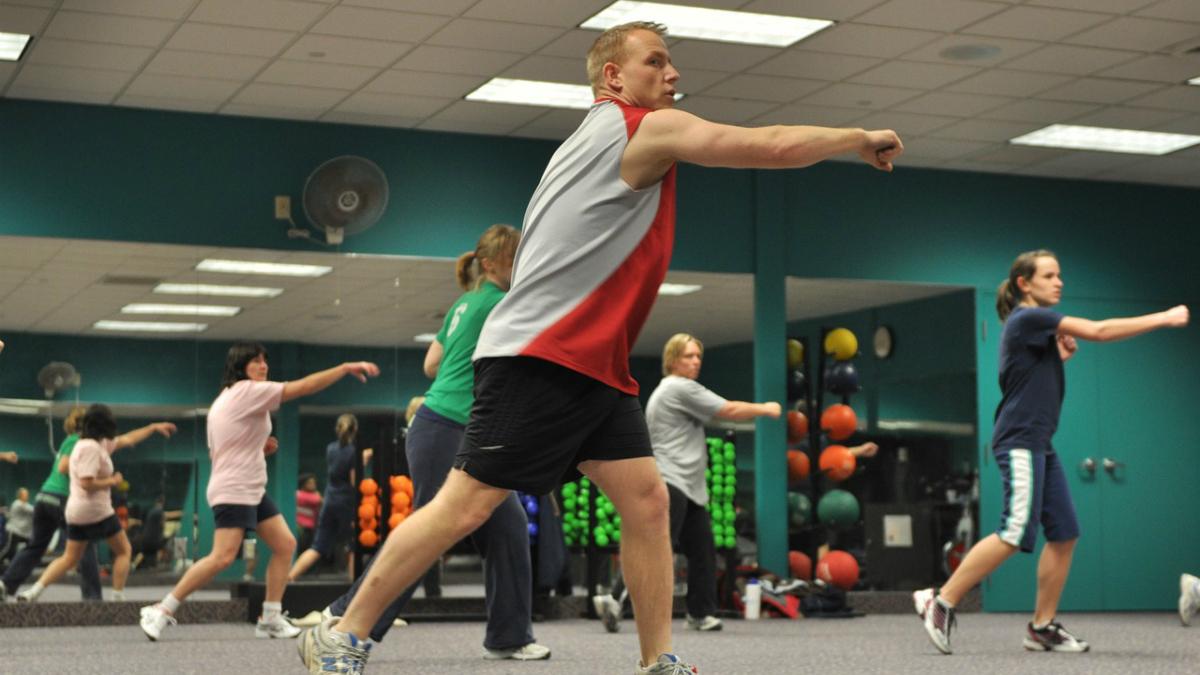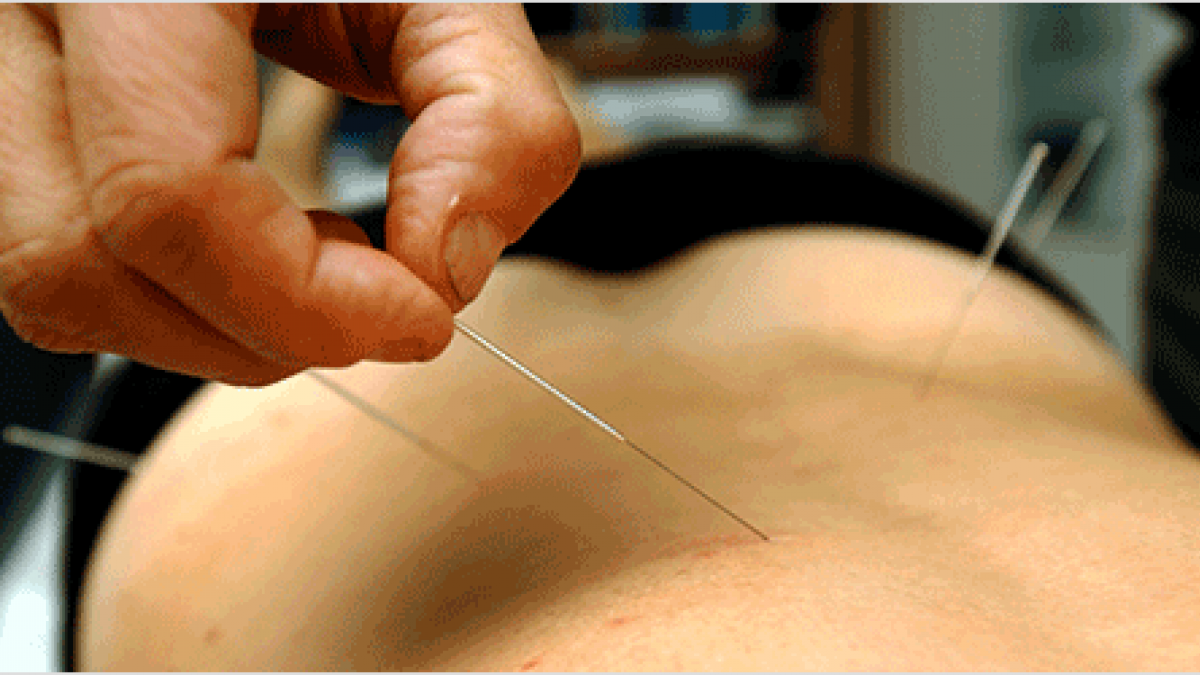People with chronic pain should have access to non-pharmacological interventions – such as group exercise programmes, acupuncture and psychological therapies – to help manage their condition.

This is according to a new guideline about the assessment and management of primary chronic pain and secondary chronic pain, published by the National Institute for Health and Care Excellence (NICE) earlier this month.
NICE guideline [NG193] was produced following a review of evidence around the assessment of all chronic primary, and the management of chronic primary pain, in adults over 16.
CSP has welcomed its new recommendations, which highlight the benefits of exercise programmes, physical activity, acupuncture and psychological therapies - such as acceptance and commitment therapy (ACT) and cognitive behavioural therapy (CBT) - for the management of people with chronic primary pain.
Matt Liston, CSP head of research and development, said: ‘This guideline recommends using person-centered approaches to help identify factors that contribute to a person’s pain, impact on their physical and psycho-social wellbeing, and their quality of life.
It supports approaches to talk about pain in a supportive and collaborative way, promotes shared decision making and self-management, and the need to tailor interventions to a person’s specific needs, preferences and abilities.
‘In addition, it recommends that prescription drug regimes should not be initiated in people with chronic primary pain, and that people who take prescription drugs should be supported to reduce their usage / stop using them if possible.
‘This guideline is an opportunity to provide evidence-based practice to improve patient experience and outcomes, and reduce variation in practice, and I would encourage all members to review it.’
An important step forward

Physiotherapy Pain Association chair Diarmuid Denneny was an AHP representative on the guideline’s development committee.
He said: ‘This guideline will hopefully help to open-up the conversation about the different options that have been proven to help people effectively manage their pain.
This is an important step forward in terms of providing an evidence-base for greater funding to be made available for exercise programmes, which are not as widely accessible to the people that could really benefit from them
He added that the PPA have developed a range of courses to support physiotherapists to build on their existing skill sets, to improve their therapeutic alliance and work specifically for patients with chronic pain.
Acupuncture is a viable option for chronic pain

The new guideline also includes a revised recommendation, which will allow acupuncture to be used as a viable treatment for chronic pain.
The professional acupuncture network, The Acupuncture Association of Chartered Physiotherapists (AACP), welcomed the revision, which they said will allow physiotherapists to manage a range of primary chronic pain conditions proactively and effectively.
An AACP spokesperson said:
Acupuncture has long been seen, incorrectly, as an alternative treatment for pain management, however, this new guideline reconfirms its effectiveness as a viable and medically proven treatment to reduce pain for millions, without the need for medication
‘As a professional body, our AACP members have consistently championed the use of medical acupuncture as a way of managing chronic pain.
'Acupuncture trained physiotherapists will now be able to offer an effective treatment to their patients as part of their recovery and pain management regime.'
The AACP added that the new recommendation also means that NHS registered physiotherapists may be approved to administer the treatment on a community level further down the line, replacing the need for certain pain management medications, including opioids.
And, providing the General Medical Council approve the recommendation, the NHS will be able to offer acupuncture as part of its physiotherapy programme.
Find Out More
Number of subscribers: 6